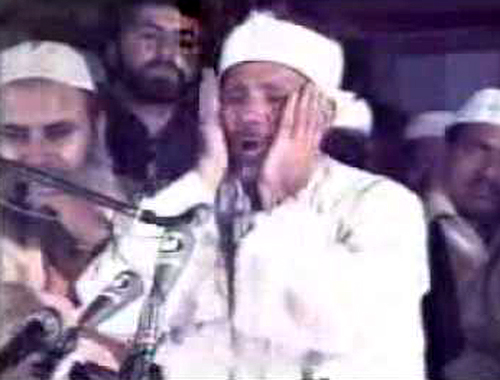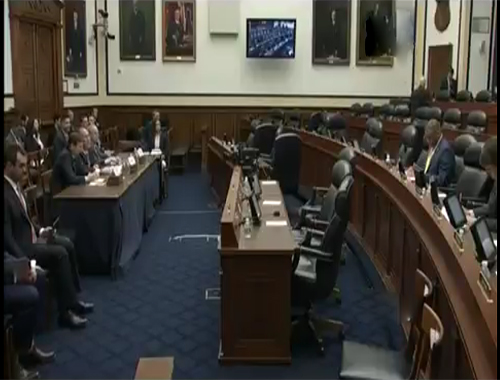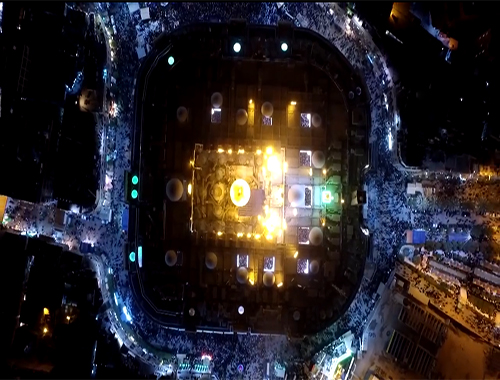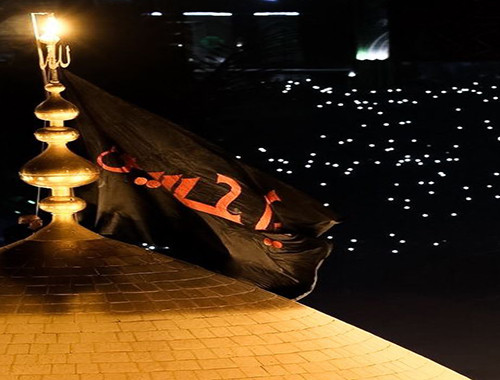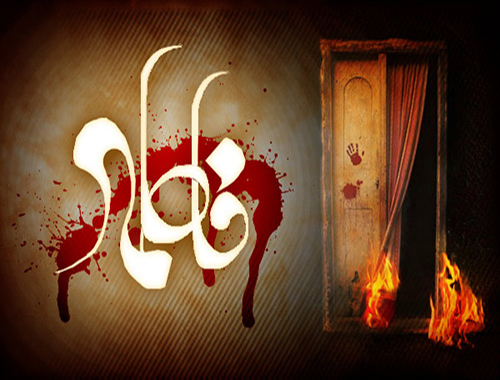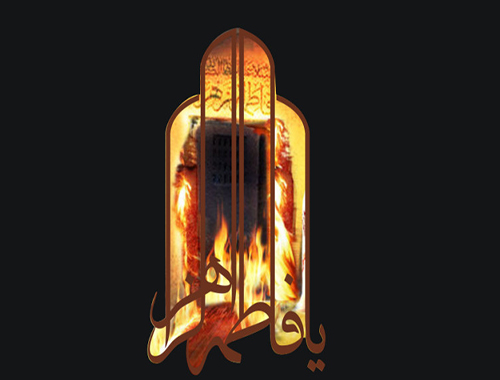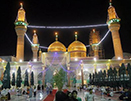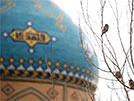1. Parents’ Status
- Details
- Hits: 1880
1. Parents’ Status
(A) Father
In the Islamic family system, the father is considered as the head of the family. Whenever some people form a group, they must also have a leader. For example, a soccer team needs a captain who would make sure each player follows their plan properly; a school needs a principal; a government needs a ruler. “Family” is a group of people; and, therefore, it also needs a leader whom we call as “the head of the family”.
As the head of the family, it is the father's responsibility to provide the necessities of life for his dependants: his children, his wife (and elderly parents, if they are needy).
What are the necessities of life? Food, dress, shelter, furniture, and whatever a person normally needs to live a respectable life.
The rights which a father has over his children are of three types:
- Spiritual & Emotional: to love one's father, and to deal with him in a humble, kind and merciful manner.
-Physical: to cheerfully bear any hardship you may face in taking care of him; to talk gently to him; not to raise your voice or hands above his; and not to precede him in any way.
- Financial: to fulfill his needs before he asks you for it.
Imam Zaynu 'l-`Abidin (a.s.) said: “It is the right of your father to realize that he is your root and you are his branch; and that without him you would have been non-existent. Therefore, whenever you find in yourself anything that is likeable, remember that your father is the basic means of that gift [of Allah] to you. And be thankful to Allah and grateful to your father accordingly.”
(B) Mother
In Islam, the mother is a substitute head of the family. In many Muslim societies, the father works outside the house, whereas the mother is in charge inside the house.
As mentioned earlier, it is the father's duty to provide the necessities of life for the children. If the father is dead, then it is the duty of the grandfather to provide for his grandchildren. Only when both, the father and the grandfather, are dead the duty of providing the necessities of life for the children fall upon the mother.
A mother's basic duty towards her children is to love, nurture and train them as best as she can so that they may grow up as healthy and good Muslims. That is why it is said that, “Paradise is at the feet of the mothers.”
The three types of rights mentioned for the father, equally apply for the mother also. Rather in some ways, the rights of mothers are superior to that of fathers.
Hakim bin Hizam asked the Prophet, “O Messenger of God, to whom should I do good?” The Prophet said, “Your mother.” Hakim asked, “And then who?” The Prophet again said, “Your mother.” Hakim asked the saem question for the third time, and the Prophet again answered that “Your mother.” When Hakim asked the fourth time, only then did the Prophet say, “Your father.”
Why is so much importance given to the rights of mothers? Imam Zaynu 'l-`Abidin (a.s.) says:
“It is the right of your mother that you should appreciate that she carried you [in her womb] as nobody carries anybody, fed you the fruits of her heart which nobody feeds anybody, protected you [during pregnancy] with her ears, eyes, hands, legs, hair, limbs, [in short] with her whole being, gladly, cheerfully and carefully. She patiently suffered all the worries, pains, difficulties and sorrows, till the hands of God removed you from her and brought you to this world. Then she was most happy feeding you forgetting her own hunger; clothing you, even if she herself had no clothes; giving you milk and water, not caring for her own thrist; keeping you in the shade, even if she had to suffer from the heat of the sun; giving you every comfort with her own hardships; lulling you to sleep while keeping herself awake...Therefore, you must remain thankful to her accordingly, and you cannot do so except by the help from Allah.”


